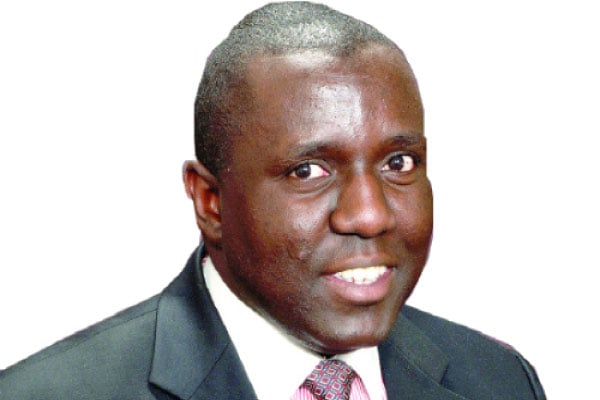Prime
Of Uganda’s withdrawal from ICAO

Author: Mr Karoli Ssemogerere is an Attorney-at-Law and an Advocate.
What you need to know:
- Uganda’s complaint is legitimate, tariff barriers as a member of the EU-ACP protocols on free trade have constrained processing of coffee in Uganda for export.
The third decade of the 21st Century comes with a challenge of absorbing a lot of news in a very short period. One week may have several global events; some are climate related, others are a heavy military buildup by a former superpower Russia, or even one of the most guarded heads of State, Queen Elizabeth, vaccinated several times catching Covid-19.
A few stories capture several news cycles, the recovery of Uganda’s coffee sector to largest coffee exporter in Africa ran into some headwinds recently when Uganda announced its withdrawal from the International Coffee Agreement first negotiated in 2007. ICAO which covers both producers and consumers polices a major global commodity; the third after oil and sugar. The recovery of Uganda’s coffee sector has been a result of a deliberate planting and replanting of coffee in the last decade. The icing on the cake has been somewhat diminished by climate change.
In 2009, UCDA commissioned a study by Ecometrica, an Edinburgh based climate metric house that found that climate change was likely to be a major factor reducing acreage open to coffee. Each successive five years have had pronounced higher temperatures than the previous five years. This has distorted growing seasons and encouraged three vagaries of agriculture, rapid weed growth and diseases.
New vegetative propagation promising high yields has also faced the challenge of scorching temperatures with low heat tolerance. The impact of these changes is widespread. These challenges notwithstanding, Uganda earned a record $758 million from the sale of coffee in 2021 and sold a record six million bags in the global market.
Output rose from both farm rehabilitation and new coffee trees planted in the coffee decade. Coffee prices rose partly because Brazil’s crop faltered in 2021 on account of frost. Brazil which produces 40 percent of the world’s coffee output is also facing similar challenges from climate change.
Infact barring any new producers coming online, global demand cannot be met by current supply. The dynamics in agriculture especially on the commodity end are that unless a steady incentive system is in place, farmers are readily willing to trade one product for another. In Vietnam, coffee bushes are being cut and replaced by rubber plantations. Coffee in Uganda is facing competition from oil palm.
UCDA has correctly observed that the dynamics of the global coffee marketplace are skewed against prior “low-cost” producers like Uganda in favour of developed markets where coffee is majorly consumed. Uganda has little control over its commodity globally. Infact for Uganda, this is a problem for coffee, cotton and tea. In the case of coffee, our high altitude, high caffeine content robusta is blended with lowland low caffeine robusta without credit for Uganda as a country of origin.
A random google search for Ugandan robusta will show resellers in Europe and Vietnam selling Ugandan robusta to industry-chain producers. It is an industry secret that tough Ugandan cotton fibers produce a short lint (thread) that is blended with long Egyptian staple to make world class bedsheets. Ironically the waters from the Nile support this downstream activity in the Niger delta while cotton farmers in Uganda did all the hard work cultivating manually cotton in northern Uganda. Uganda’s first grade teas- soluble teas also disappear quickly under better promoted teas.
Uganda’s complaint is legitimate, tariff barriers as a member of the EU-ACP protocols on free trade have constrained processing of coffee in Uganda for export. There are also non-tariff barriers that exist in the form of technology, in the United States, dispensing coffee has become as much as technology as it is branding and trade practices.
Thirty years ago, Uganda lost an opportunity to buy into the lucrative downstream market when it demobilised external presence by the Coffee Marketing Board. UCDA never quite replaced their footprint and coffee diplomacy a responsibility of the Number 2 envoys at Uganda’s foreign missions is only getting active again. Both the United States and tiny Guatemala left ICAO. Guatemala’s complaint against the ICAO certificate is similar to Uganda’s.
Guatemala has a smooth body used to improve low-grade arabicas in the market without Guatemala getting credit for it. The small coffee industry attracted connoisseurs over the years from Germany who marketed their coffee into niche coffee. Uganda’s farmers, as prices increase, may go this route, a threat to the current established (end to end coffee houses) that are buying up Uganda’s green coffee selling it to themselves in Europe.
Mr Ssemogerere is an Attorney-At-Law and an Advocate. [email protected]




